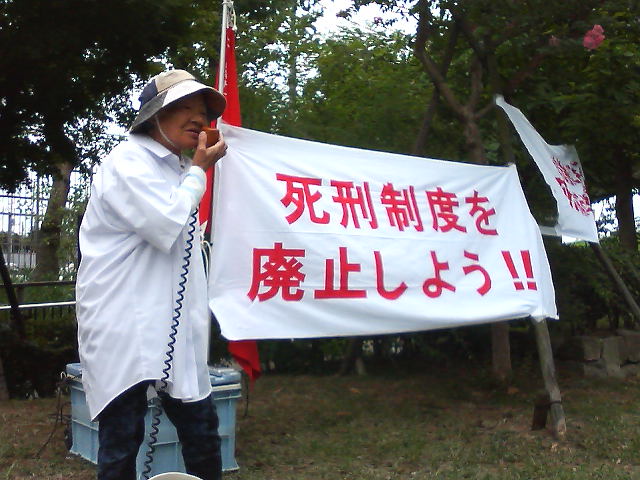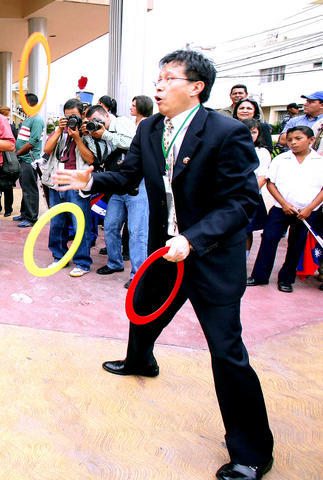1. The end of eikaiwa: Along with some of the minor players in the industry, former industry leader NOVA seems to be in its death throes (more info here). While the details of just how many people are getting screwed over are interesting and all, I just want to take a minute to ponder the implications of what is going on: massive change in the ESL market and, perhaps more importantly, the death of NOVA. It is hard to underestimate the presence that those four letters have become in the mind of the expat, especially those not involved directly in teaching English. Basically, in the gaijin hierarchy, NOVA teachers have been regarded with just a little less disdain than the African club promoters in Kabuki-cho. NOVA finds the most gullible young partiers eager for an easy first job out of college (or increasingly a fun place to work during a working-holiday) who then proceed to come to Japan and live as if they were still in college. It’s one thing for students and professionals to look down on NOVA teachers, but even other eikaiwa teachers hated on NOVA. There is really no better way to sound mature and like you are really interested in Japan than to cluck your tongue at a faceless mass that stays in a gaijin bubble and terrorizes the local population.
But without NOVA, who will the uppity gaijin have to kick around? None of the other schools have the nationwide presence or annoying mascot (though NOVA had the status way before the rabbit came around), so just what will the shorthand be to let other gaijin know you’re not ‘one of them’? And what will it mean if the eikaiwa industry (which was long supported by lax regulation of shady sales practices) can no longer maintain its appeal, especially now that the honeymoon is over and headlines of school closings and unfulfilled class contracts, not to mention successful lawsuits by unhappy customers, are constantly weakening the appeal of the product to the customers? The demand for English is unlikely to go away, but the shrinking of this private market (along with the decline of the JET program) is likely to erode the situation of ‘one foreigner in every village’ or (assuming that actual schools continue to hire foreigners for their English curricula) will more likely lessen it from 3 foreigners in each village to just one or two. And with the opportunities for easy employment cut off, what will become of the ‘Japanese dream’ of easy employment and Charisma Man status for young adventurous Westerners? Has this not been a major factor fueling the interest in Japan in recent decades? And will this loss constitute a truly missed opportunity for Japanese educators who feel that the best way for Japanese people to learn English is to be around native English voices?
2. Japanese mobile advancement to hit a wall in favor of better prices? Cell phone regulations are going to change in a big way – the Nikkei recently ran a story (Sept 19) detailing the report of a Ministry of Internal Affairs and Communication study group that recommends ending the practice by cell phone carriers of providing “free” cell phones to customers as early as next spring. These offers of free phones are deceptive because the phone companies reimburse their distributors for the phones and then charge customers a higher rate for their plans (hence the ridiculous 20 yen per minute talking fees). But with little upfront costs, the provision of the phones has been a major (perhaps deciding) factor in attracting customers to one company or another, which has spurred the insanely high technological levels of Japanese mobiles. Perhaps in a few years Japanese phones will more closely resemble those in other countries, where users get a minimum level of features but enough of what they need for a reasonable price. I mean really, do we need to watch TV on the train?

![日比谷公園音楽堂[拡大画像]を開く](http://www.ndl.go.jp/scenery/images/M/40007751/00000/0006_2.jpg)

